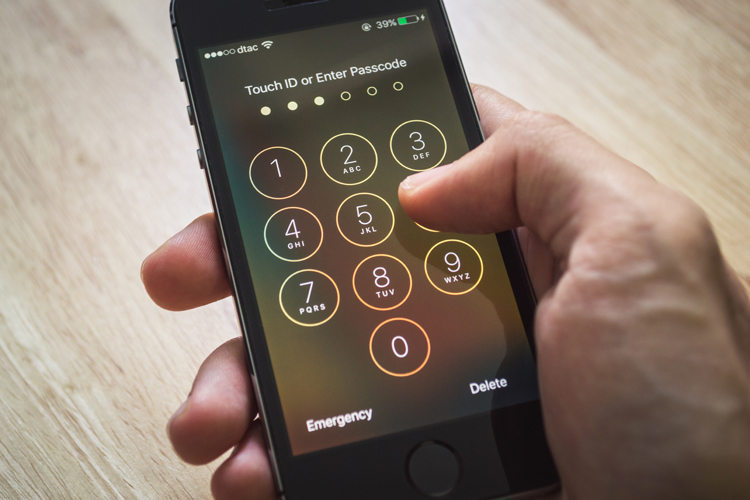Lawyer's quest for warrant requirement for border cellphone searches rebuffed by 5th Circuit

The 5th U.S. Circuit Court of Appeals at New Orleans has ruled against a Texas lawyer, who had contended that a search violated his right to be free from unreasonable searches and seizures under the Fourth Amendment. Image from Shutterstock.
The U.S. Department of Homeland Security did not violate a lawyer’s constitutional rights when it seized his phone as he entered the United States, sent it to a forensics lab to bypass his passcode, and obtained its data after using a “filter team” to protect privileged material, a federal appeals court ruled Tuesday.
The 5th U.S. Circuit Court of Appeals at New Orleans ruled against Texas lawyer Adam A. Malik, who had contended that the search violated his right to be free from unreasonable searches and seizures under the Fourth Amendment.
Border agents had seized Malik’s phone in January 2021 at the airport in Dallas after his name appeared in connection with an investigation involving an arms dealer. Malik’s immigration law practice includes some clients who have been charged with crimes. He uses his phone to communicate with clients and manage his cases.
Malik appealed after U.S. District Judge Mark Pittman of the Northern District of Texas dismissed his lawsuit.
On appeal, the 5th Circuit noted that privacy expectations are lessened at the border. Under 5th Circuit precedent, there are two categories of border searches—routine, which does not require reasonable suspicion or probable cause, and nonroutine, which requires only reasonable suspicion.
Even if the search of Malik’s phone was nonroutine, the government had reasonable suspicion because of Malik’s apparent connection to the arms dealer, the appeals court said. As a result, his Fourth Amendment argument fails.
“As the district court held, the apparent connection between Malik and ‘an international arms dealer with known ties to the Dallas area’ was plenty to create reasonable suspicion—even if Malik is correct that the connection appears dubious in hindsight,” said Judge Don R. Willett, who wrote the Aug. 15 panel decision.
Malik had argued that the 5th Circuit should extend the 2014 U.S. Supreme Court decision Riley v. California to border searches. In Riley, the Supreme Court held that police generally can’t search the contents of a cellphone seized during an arrest, unless they get a warrant.
The 5th Circuit said no federal appeals court has extended Riley’s warrant requirement to the border. Malik didn’t discuss or analyze Riley at any length, and he hasn’t addressed the rulings of other circuits, the appeals court said.
“We express no view on how the border-search exception may develop or be clarified in future cases, but we do expressly decline to address it further here,” Willett wrote.
Law.com and Law360 are among the publications with coverage of the decision.



